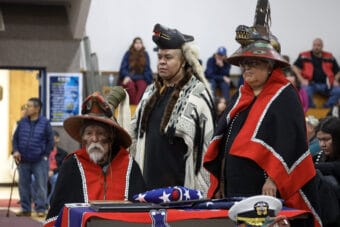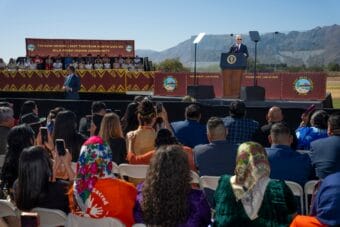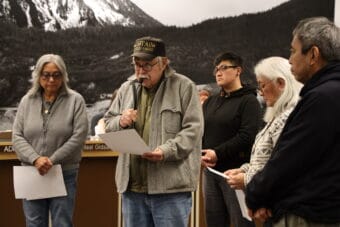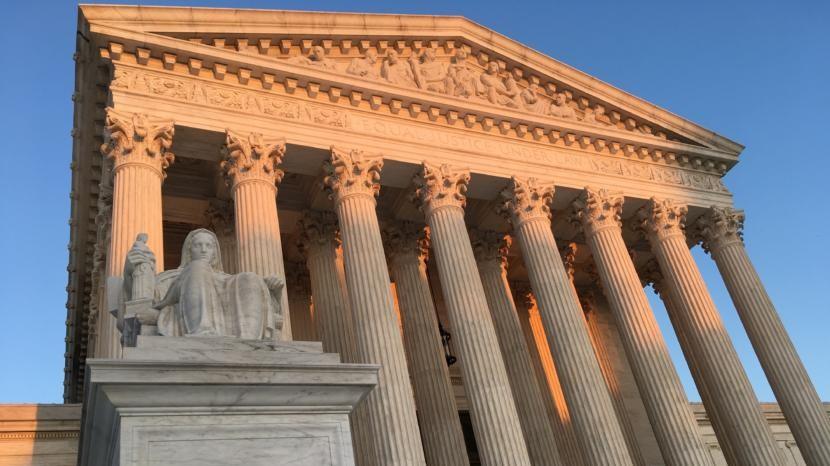
The U.S. Supreme Court ruled Friday that Alaska Native regional and village corporations are eligible to receive federal CARES Act funding intended for tribes.
At stake in the case is about $500 million that the Treasury Department was going to distribute to Alaska Native corporations until several tribes filed a lawsuit. But both sides say the case was about more than money.
For the tribes, it’s about guarding their sovereignty as governments. They argued that since Alaska’s for-profit Native corporations aren’t tribes, they should not get a share of the $8 billion coronavirus relief fund that Congress reserved for tribal governments.
The 6-3 decision was written by Justice Sonia Sotomayor.
Mike Williams read it with dismay. He is the senior chief of the Akiak tribe, in Western Alaska.
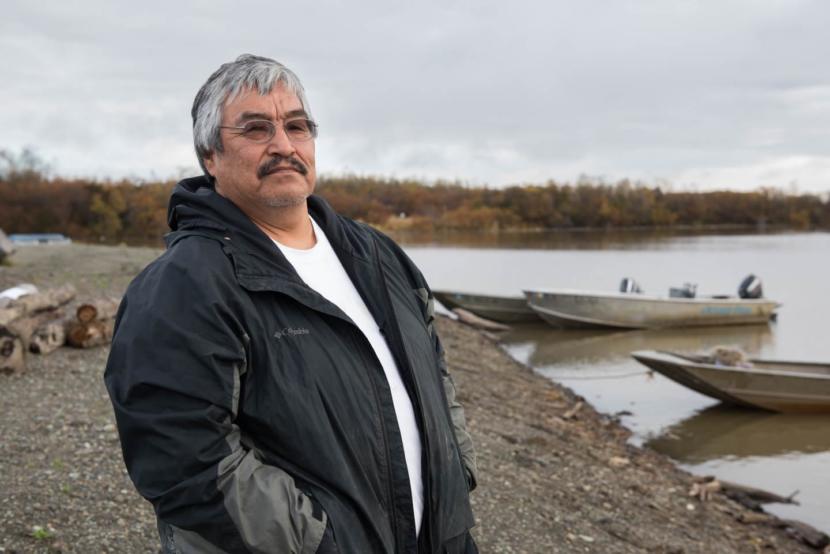
“I’m definitely disappointed but continuously being hopeful and we’ll continue to fight to protect our tribal sovereignty, period,” he said.
For Williams and tribal leaders in the Lower 48, the case is emotional. The tribes feel that the Alaska Native Corporations are trying to horn in on their sovereignty.
“But it wasn’t about the ANCs horning in on anything,” said attorney Lloyd Miller, who has brought cases to assert Alaska tribal self-determination. “It was whether members of Congress intended to include the ANCs in this pool of money. And the court’s conclusion was that members of Congress did intend that.”
Here’s how the CARES Act defines tribe: It says “tribe” has the same meaning it does in an older law, the Indian Self-Determination and Education Assistance Act, also known as ISDA. That’s a 1975 law that allows tribes to contract with the U.S. government to provide services that used to be done by federal agencies.
Had the case gone the other way, the corporations say, it could have upset long-standing health care and housing programs.
Consider Doyon, the Native corporation for the Interior. Under ISDA, Doyon is a tribe for purposes of receiving Native American housing allocations, which it passes on to the Interior Regional Housing Authority.
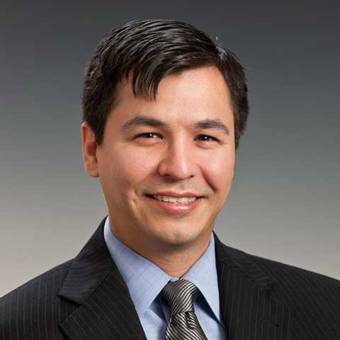
“Especially in urban Alaska – Anchorage and Fairbanks in particular – this case had the potential to disrupt that provision of services,” said Doyon CEO Aaron Schutt. “That was the important issue from the start.”
Alaska’s cities have a lot of Alaska Native residents, but Schutt said the local tribes were often decimated so the corporations play an important role.
“The history of Fairbanks is, it’s one of those areas where there’s no federally recognized tribe because the last big pandemic 100 years ago pretty much killed all the Native people in the Fairbanks-North Star borough,” he said. “So the history is tied together.”
The biggest service provider among the ANCs is Cook Inlet Region Inc. It founded the nonprofit Southcentral Foundation, which partners with tribal organizations to run the Alaska Native Medical Center in Anchorage.
None of the 12 regional ANCs or the 174 village corporations know exactly how much it will get of the $8 billion tribal CARES Act fund, although collectively it totals about half a billion dollars. Schutt said Doyon has asked, but Treasury hasn’t produced a number.
“As we sit here today, knowing we’ve now won the case, we still only have six months to deploy money,” he said. “We don’t know how much it is. So that’s going to be a challenge.”
Schutt said another looming challenge is to heal the rift this case has created between the tribes and Alaska Native corporations.
Editor’s note: This article has been updated with more information from tribal leaders. The headline has also been updated.
